Organized crime as a theme has been one of the most popular of international cinema, with movies like “Goodfellas”, “The Godfather Trilogy” and “Once Upon a Time in America considered masterpieces. Asian cinema also has a significant legacy in the category, with the films of Johnnie To, “Infernal Affairs”, Fukasaku's “Yakuza Papers” and many others. Beyond the classics though, some films of the category are still produced, and although the majority comes from S. Korea, other Asian countries have a representation in the genre, with a number of great films.
Here is a list with some of the best Asian Gangster films of the latest years, in random order, which as you will see, does not include thrillers specifically, but extends to dramas and social films.
The criteria for the selection was for the film to have premiered during the last ten years and for the protagonist(s) to be members of organized crime, or at least cops who act like gangsters.
1. Gangs of Wasseypur (Anurag Kashyap, 2012, India)
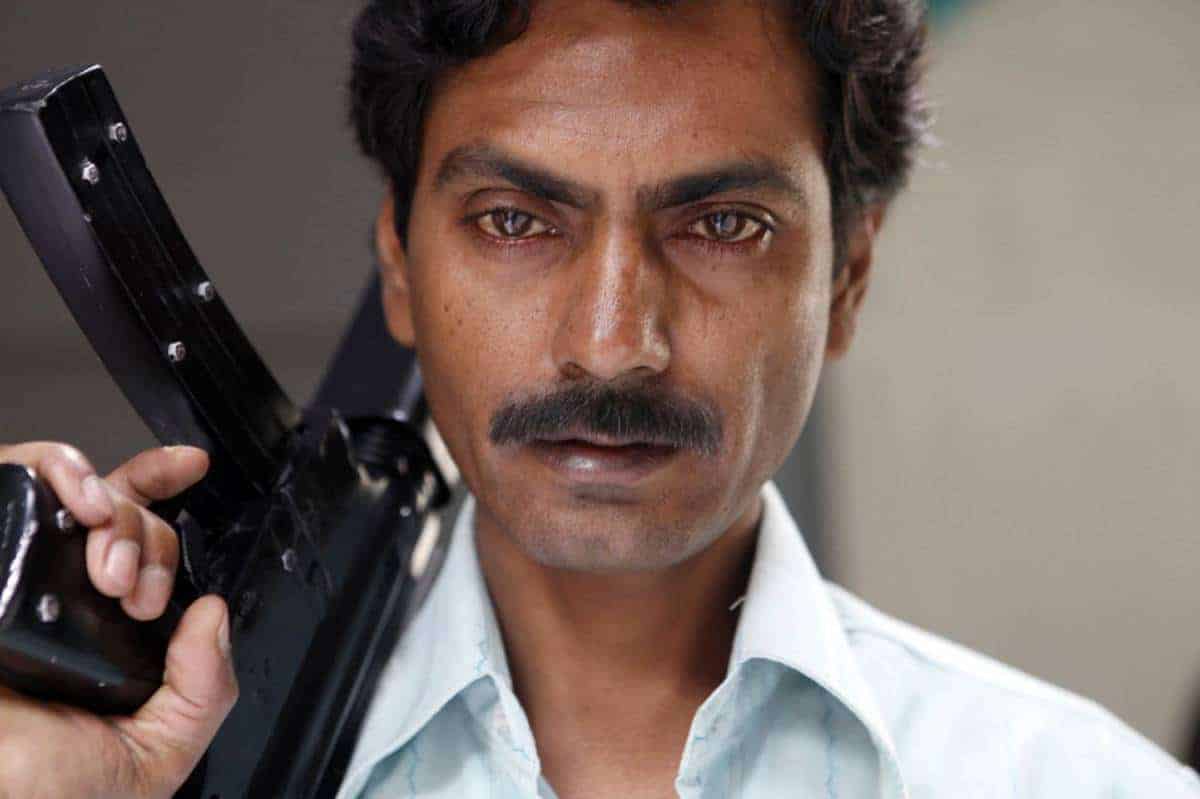
In an unprecedented one man show, Anurag Kashyap, co-wrote, produced and directed the film, in a style that is much reminiscent of early Guy Ritchie films (Lock, Stock and Two Smoking Barrels, Snatch) both in context, with the mafia, and technically, since the film uses extensively slow and stop motion, close cut editing, quick, explanatory flashbacks and great mixture of image and music. In the latter aspect, the film is a true audiovisual masterpiece, with Rajjev Ravi's cinematography splendidly portraying the decaying environment of the city and the depiction of the various timelines being accurate in all of their aspects, in a trait that also benefits the most from Subodh Sirastava's costumes.
Kashyap created a number of very interesting characters, with Sardar, Faizal, and Sultan being the most interesting of all. Among all the violence that feature much blood and gore, and the almost constant cursing, Kashyap also managed to entail much humor in the film, which is either subtle, or absolutely coarse, at times, since Kashyap does not seem to pull any punches regarding any aspect of Indian society.
Buy This Title
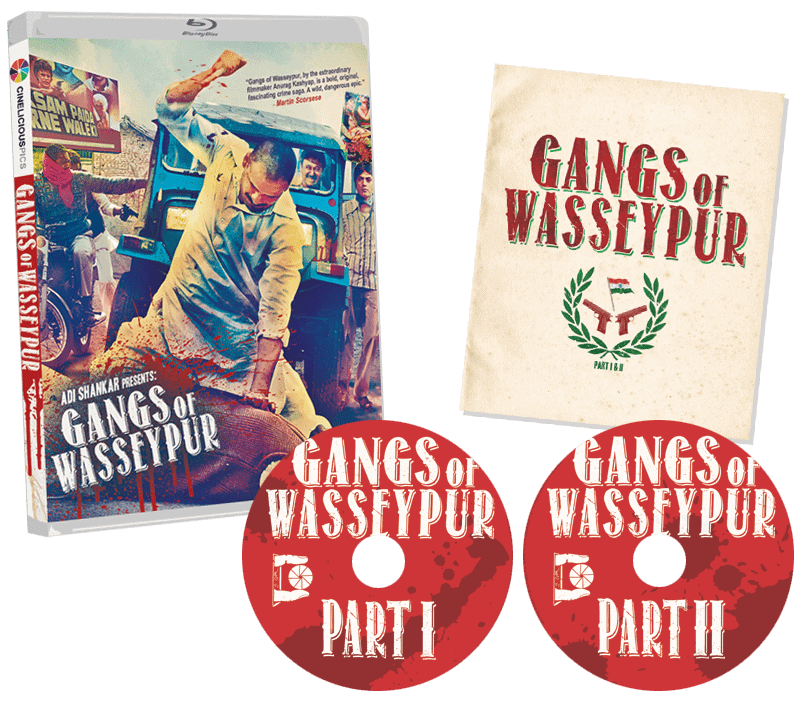
2. Asura: The City of Madness (Kim Song-su, 2016. S. Korea)
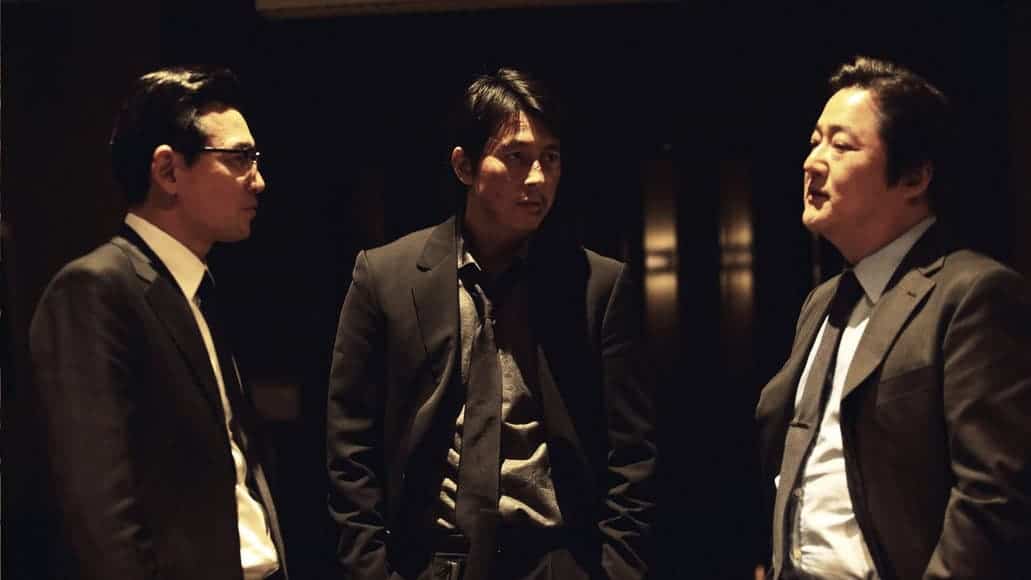
Kim Sung-soo directs and pens a very dark film that focuses on its characters, none of whom is even remotely decent or likeable. Han may have been led to this life by his wife's sickness, but shows no remorse in executing Park's hideous orders. The fact that he tricks his best friend into taking his place makes him even more despicable, despite the fact that he is actually the victim of a power struggle between powers much higher than him.
Mayor Park is corrupted to the core, a true gangster who not only has connections with the underworld, but also acts as the leader of a crime syndicate. The fact that he has been publicly elected is a clear evidence of both his power and the city's decay. Special Prosecutor Kim and Do Chang-hak, who actually acts as his henchman, may have the law on their side, but they are willing to go to such extremes to arrest Park, that they end up acting like criminals themselves. Moon Sun-mo may be tricked into Park's service, but as soon as he “tastes blood” and money, he becomes a remorseless gangster too.
The power struggles between all the above characters, along with the constant shifting of both loyalties and the upper hand, are the backbone of an intricate script, which is concluded, in the most spectacular fashion, in the final sequence of the film. Furthermore, Kim presents a clear message regarding corruption, which, according to him, touches every aspect of Korean society, including justice and politics.
Buy This Title
3. Rough Cut (Jang Hoon, 2008, S.Korea)
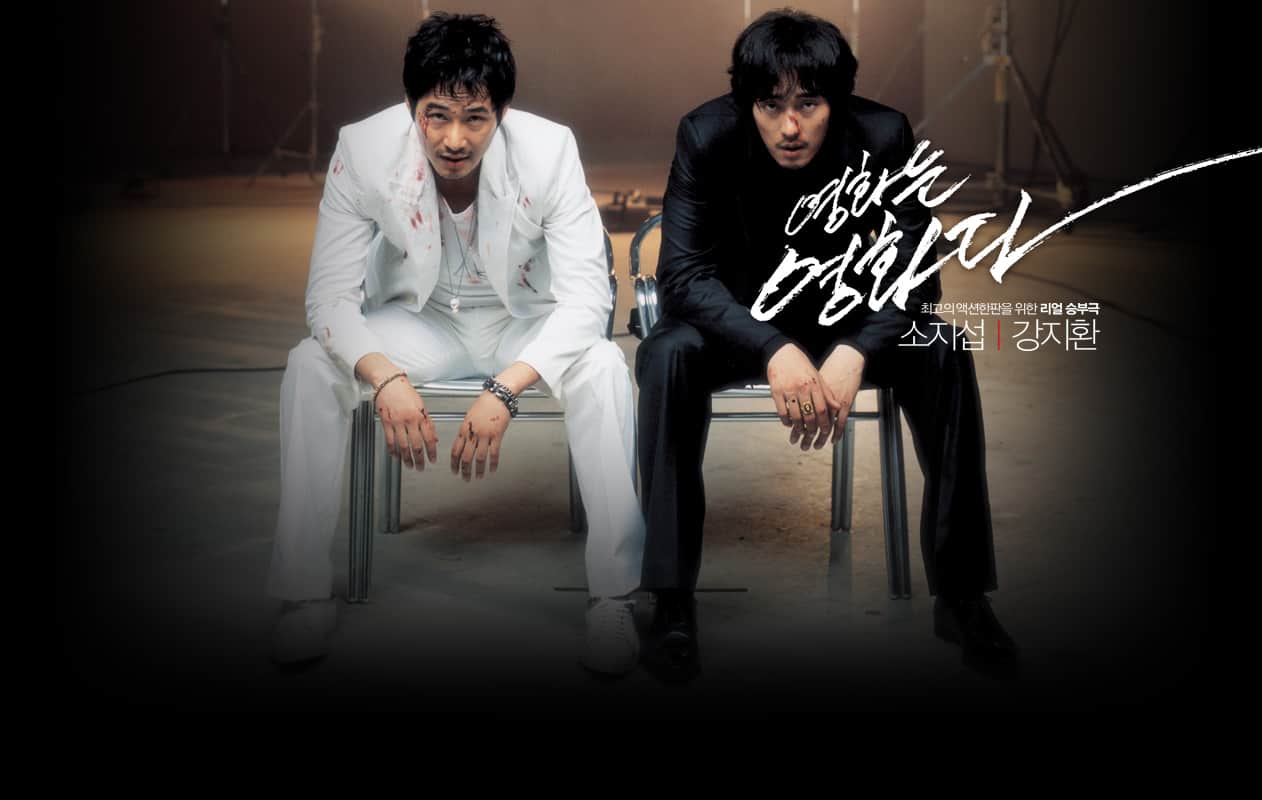
The film is largely based on the depiction of the differences between Soo-ta, who is playing a criminal, and Gang-pae, who is actually a criminal. In that fashion, the movie shows how difficult it is for anyone to change truly, despite any notion one has for himself. Accordingly, it is equally difficult for Soo-ta to behave like a criminal as is for Gang-pae to behave like an actor.
Another central point is the relationship among them, with conflict being its main ingredient, and the advantage constantly switching hands. However, as the film progresses, it is revealed that both of them actually have a conflict with themselves rather than with each other. In that fashion, “Rough Cut” has a depth that is met usually in social dramas rather than action films.
This, nevertheless, does not mean that action is scarce. To the contrary, there are many battles, which are as violent as they are impressive. Most of them occur between the two protagonists, with the final one emphatically standing out. Additionally, all of the action scenes are artfully implemented in the script, thus avoiding giving the impression that they exist just to shock or to draw a specific kind of audience, as is the case so often.
Jang Hoon retains a great rhythm throughout the film's duration, while managing to combine equally entertainment and food for thought. The artfulness of both the script and the direction reaches its zenith in the two final scenes, which are elaborate, as they are shocking.
Buy This Title
4. Breathless (Yang Ik-june, 2008. S.Korea)
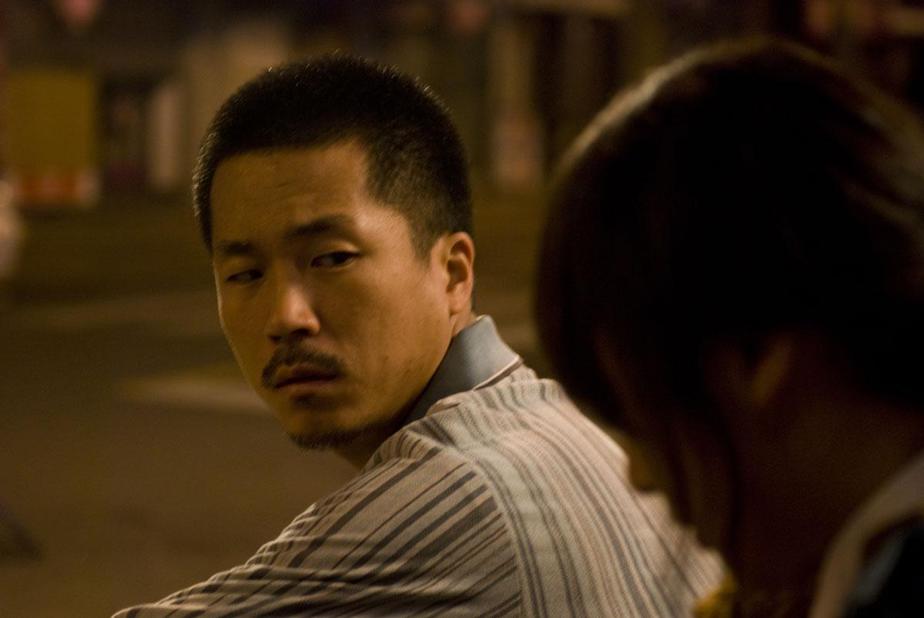
In distinct, one-man-show fashion Yang Ik-june directs, pens and plays Sang-hoon, doing a wonderful job in all three of them, creating very demanding characters and playing the most difficult among them, in a film that is mostly autobiographical. His primary purpose is to delve into the concept of domestic violence, and he accomplishes that by depicting it without constraints regarding the abuse it incorporates, both physically and verbally. The outcome is grotesque as much as it is realistic. His message is clear: the cycle of domestic violence is almost impossible to end.
What makes “Breathless” additionally extreme is that in the overwhelming majority of its duration, violence is present, not only from the protagonist, who seems to stop cursing only when he is beating someone, but also from parents toward their children. His biggest achievement though, in terms of direction, is that he does not let the film become a melodramatic tearjerker, despite the drama that permeates it.
Buy This Title
5. New World (Park Hoon-jung, 2013, S. Korea)

Park Hoon-jung directs an agonizing crime thriller, which contains the usual violence, anti-heroes, impressive action sequences, and stylish gangsters in their suits, along with the much-loved plot twists. However, the film's main point of excellence is its characters, with the thin balance that dominates their relationships constantly shifting, in a game of death where nothing is improbable, as it is most eloquently stressed in the film's finale.
Another point of excellence is the acting, with each of the main protagonists performing their respective roles magnificently. In that fashion, Lee Jung-jae plays the perpetually anxious Ja-sung, who has to maintain his cool composure when he is in the company of Jung Chung, acted with brio and overall artfulness by Hwang Jung-min, in both his calm moments and his outbursts. Choi Min-sik is great as always, in the role of a cop that is not so much different from the people he is after.


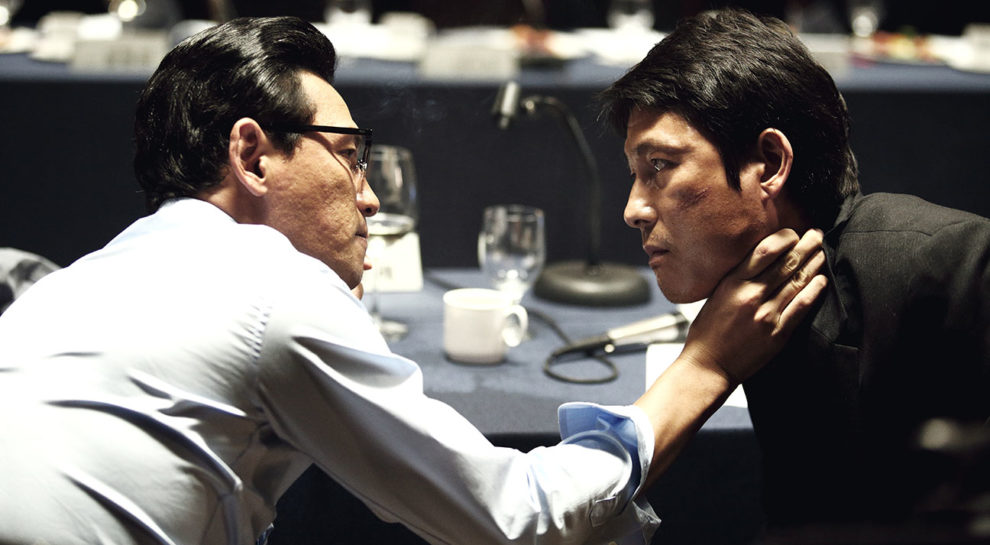
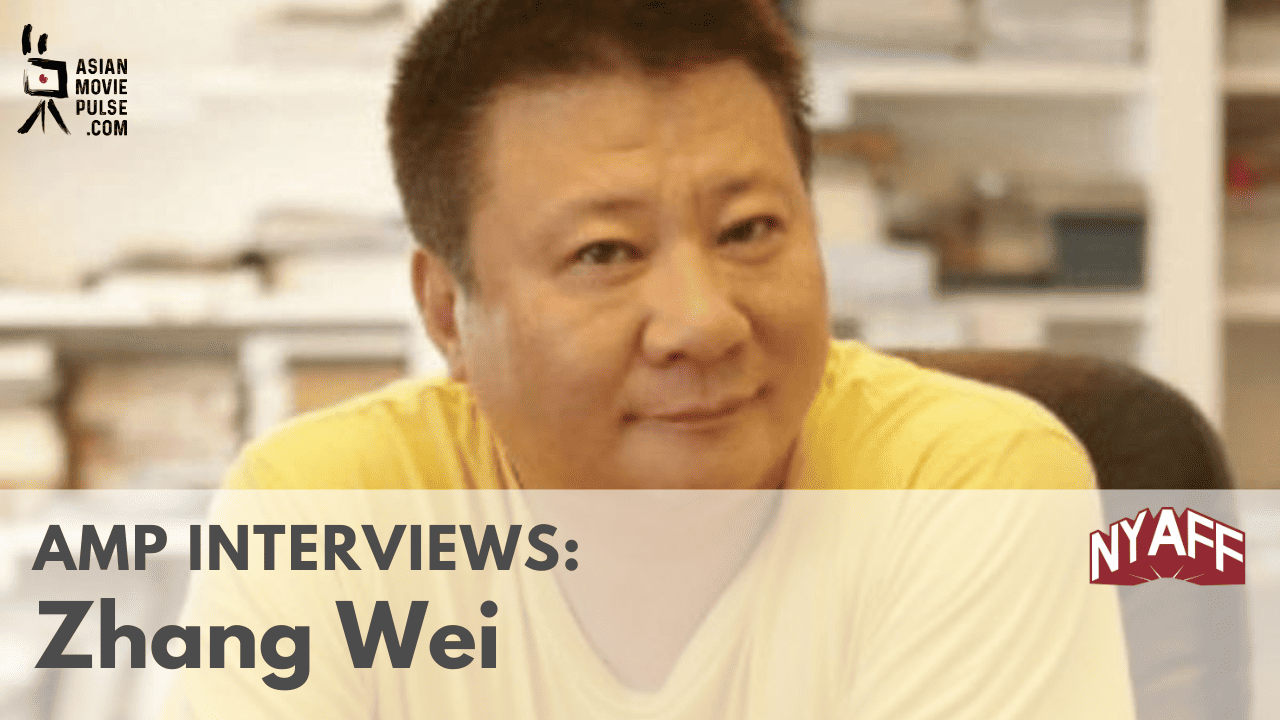
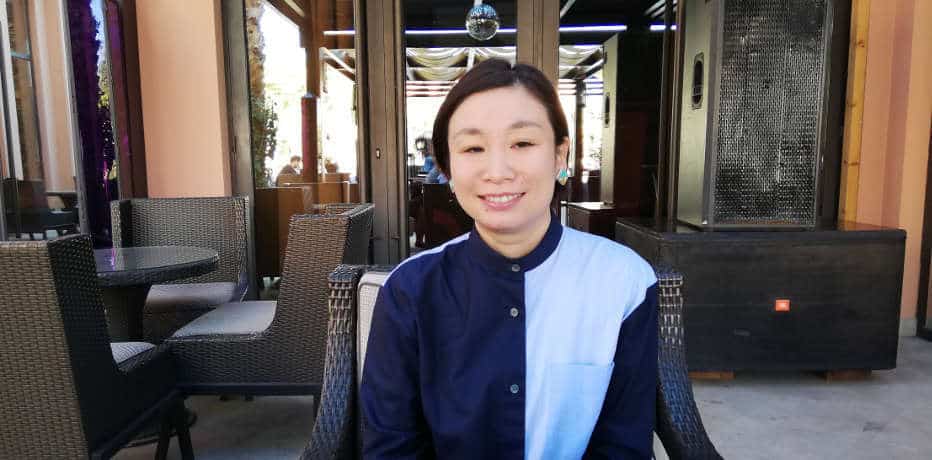

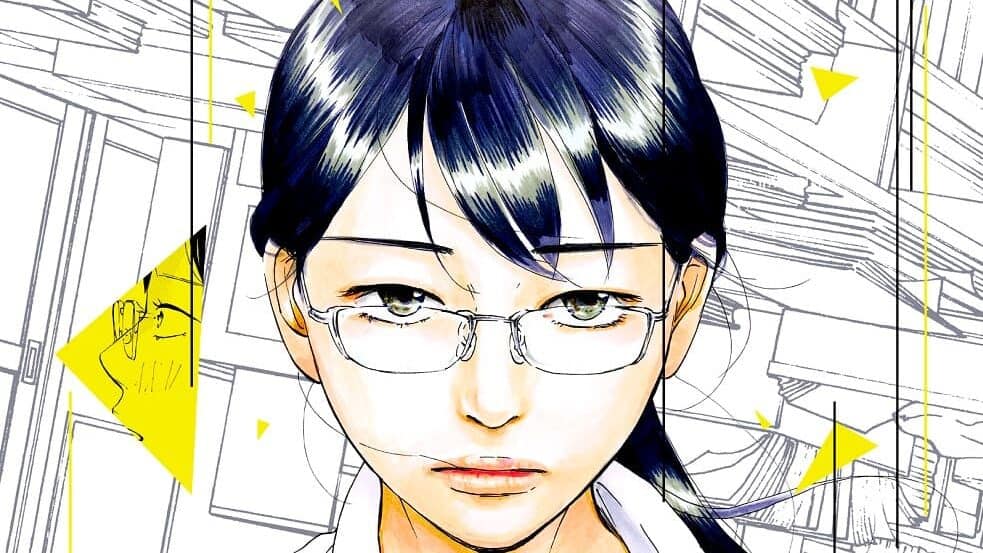
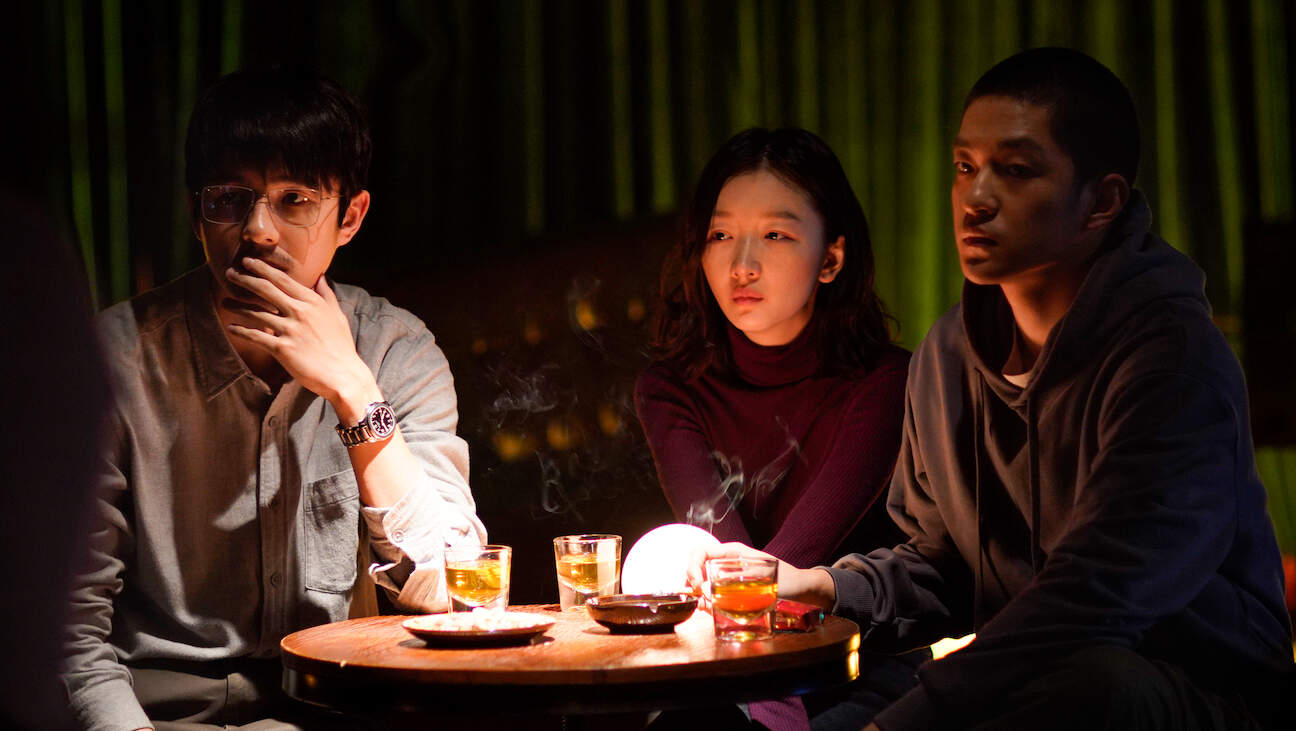
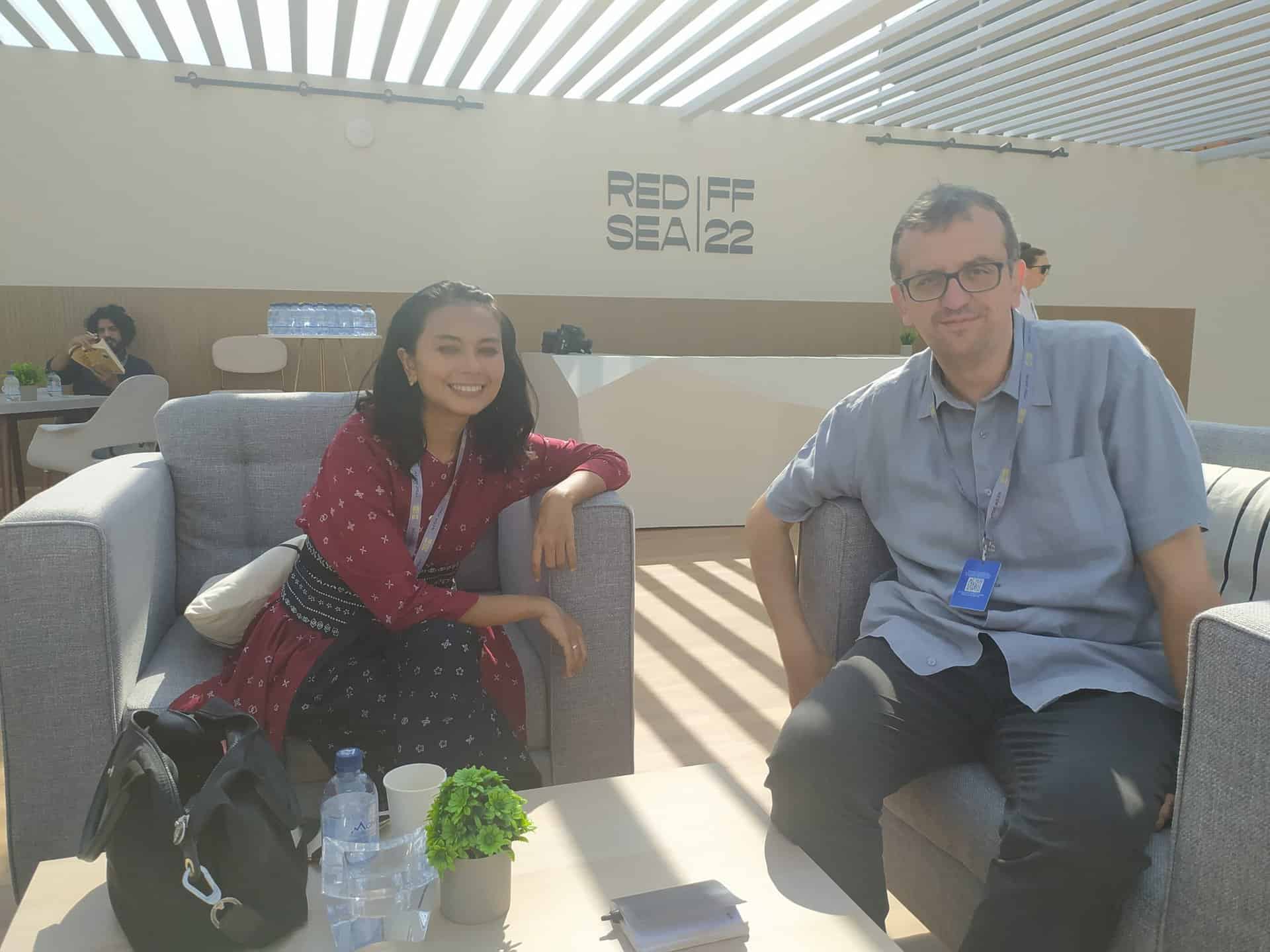







I would recommend you to watch Tamil language movie vada Chennai.
Noted